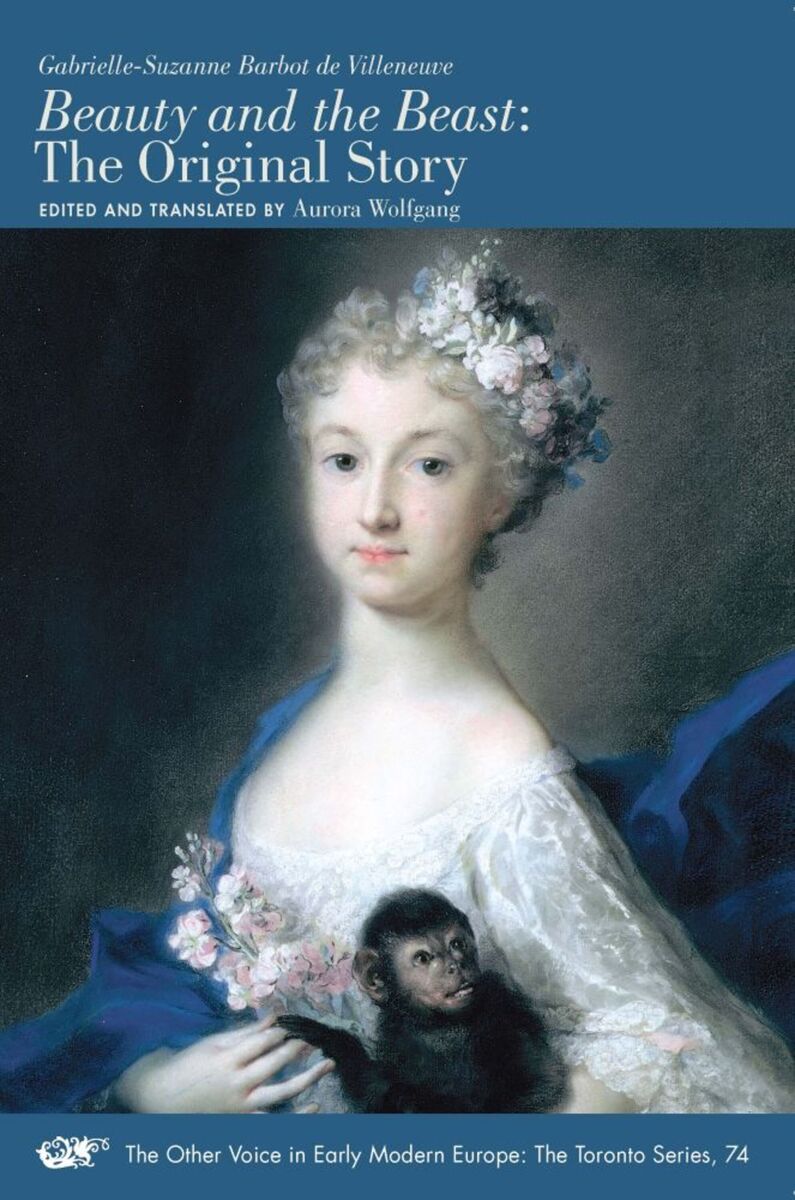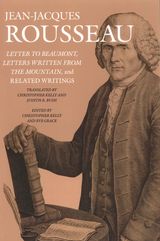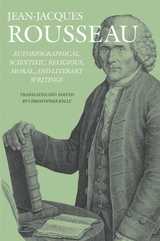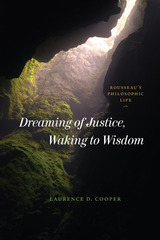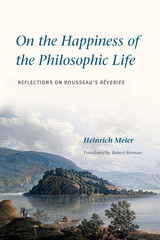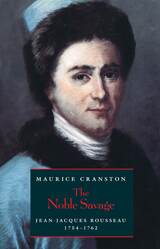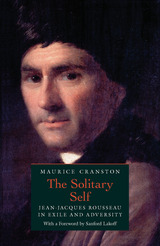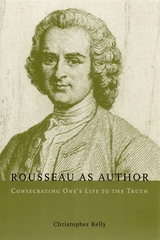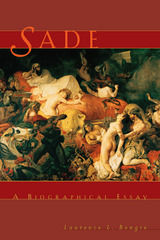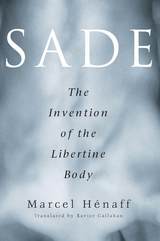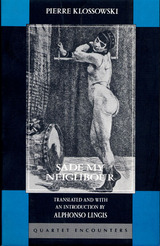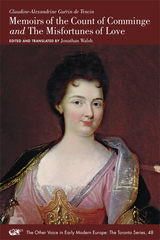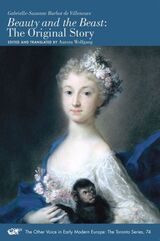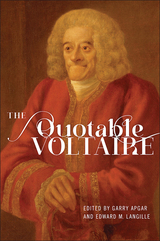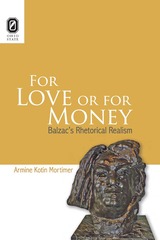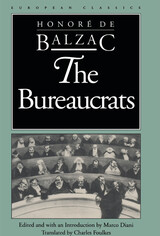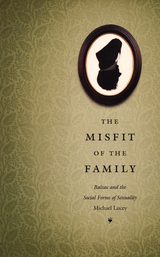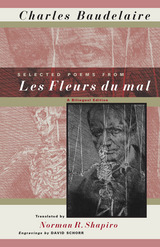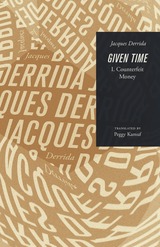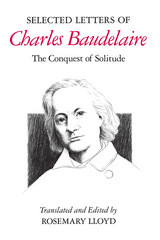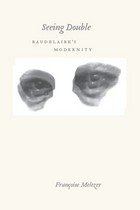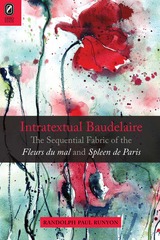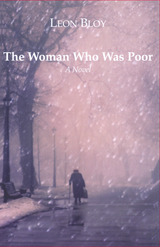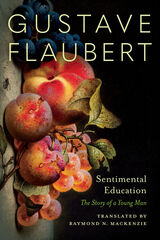Beauty and the Beast: The Original Story
Iter Press, 2020
Paper: 978-0-86698-627-4 | eISBN: 978-0-86698-760-8
Library of Congress Classification PQ2068.V4
Dewey Decimal Classification 843.5
Paper: 978-0-86698-627-4 | eISBN: 978-0-86698-760-8
Library of Congress Classification PQ2068.V4
Dewey Decimal Classification 843.5
ABOUT THIS BOOK | AUTHOR BIOGRAPHY | REVIEWS | TOC
ABOUT THIS BOOK
Gabrielle-Suzanne Barbot de Villeneuve, the little-known author of Beauty and the Beast, was a successful novelist and fairytale writer in mid eighteenth-century France. While her novels are rarely read today, her compelling fairytale has become universally recognized. This edition is the first integral English translation of Villeneuve’s original tale. The introduction seeks to illuminate the publication of Beauty and the Beast in its historical and literary context, and brings to life the dynamic female characters that first populated this enchanting tale: the courageous Beauty, the Fairy Queen, the Amazon Queen, the Lady Fairy, and the powerful, but mischievous elderly fairy.
The Other Voice in Early Modern Europe: The Toronto Series volume 74
The Other Voice in Early Modern Europe: The Toronto Series volume 74
See other books on: 18th Century | Beast | Beauty | Fairy Tales, Folk Tales, Legends & Mythology | Wolfgang, Aurora
See other titles from Iter Press
